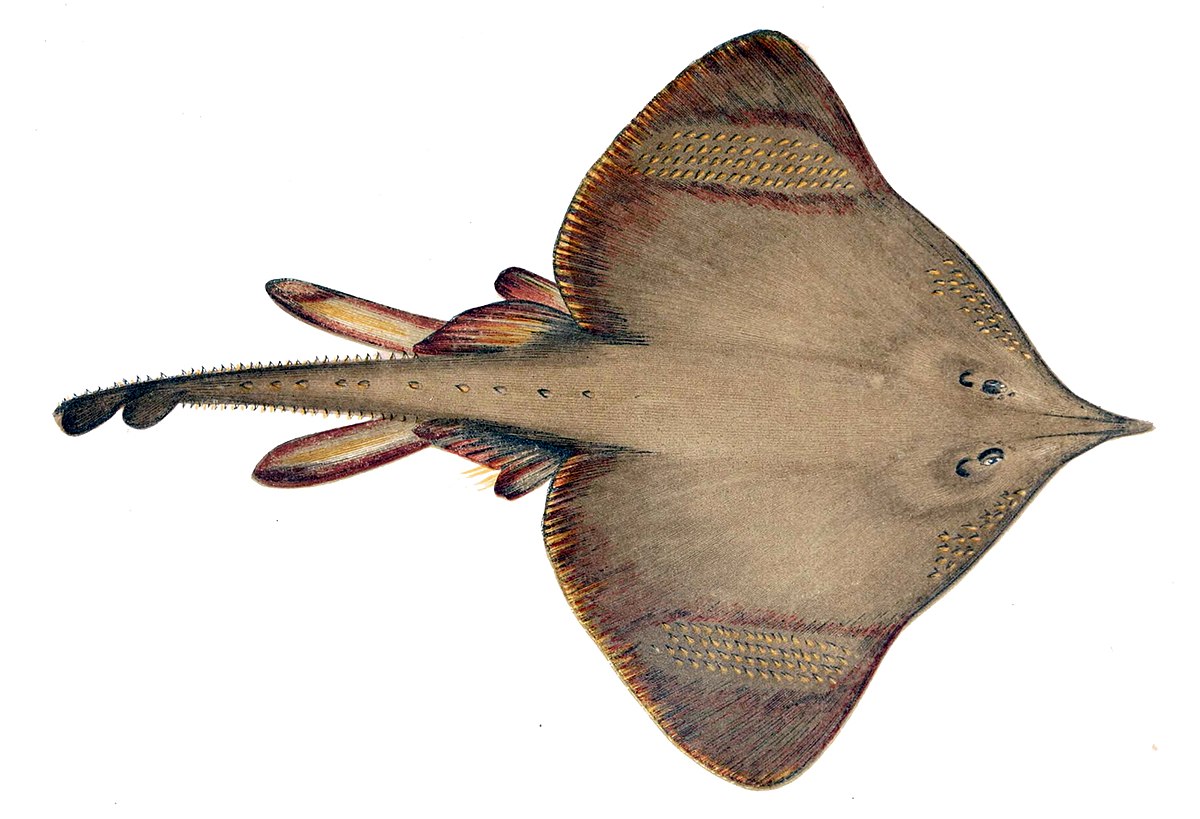World Oceans Day: 5 UK marine species facing extinction
With Great Britain now among the most nature-depleted countries on the planet, conservation and biodiversity have never been bigger issues. But while we tend to think about what’s happening on land, our seas are particularly in peril.
Overfishing, dredging, pollution, habitat destruction and climate change have all contributed to rapidly declining numbers of many once-abundant species. To mark World Oceans Day, we’ve used Marine Conservation Society data to run through the five most endangered UK marine animals.
Flapper Skate

Also known as the manta ray of the North, this flat fish used to be found in numbers, but human activity has decimated miles of vital seabed. The species is also considered to have low resilience towards fishing, the large body prone to getting caught up in nets. Protected in EU waters since 2009, nevertheless they continue to be listed as critically endangered.
European Sturgeon

Calling the Garonne River in France home, the European sturgeon has been critically endangered for many years, with the construction of a large dam, pollution, bycatch, and water regulations devastating its traditional swimming grounds. ‘Drifters’ from the continent were once found in British seas, but this is a real rarity today.
Angel Shark

In the past, this discreet wonder would be easily spotted anywhere from Scandinavia to North West Africa. In 2024, it’s a very different story, ranking as critically endangered in most of its territories and extinct from the North Sea. A victim of trawling – the species lies buried in the sea bed during the daytime – they are now protected within a number of marine reserves, and anywhere within thee nautical miles of UK coastline.
European Eel

There was a time when the eel was Europe’s most commonly encountered fish, but decades of decline have brought it to the very brink. Often caught as juveniles and raised in captivity, the impact on reproduction and communities is profound. Conversely, this has no impact on the pressure faced by wild eels due to the way the species moves from fresh to salt water to mate.
Pink Sea Fan

Trawling and scallop dredging have laid waste to the rocky undersea regions the pink sea fan loves the most. Nevertheless, the species is faring better than others on our list, but the next decade will be critical because any damage sustained can take years to repair, with deadly consequences for both the fan and the many fish who rely on them for food.
















